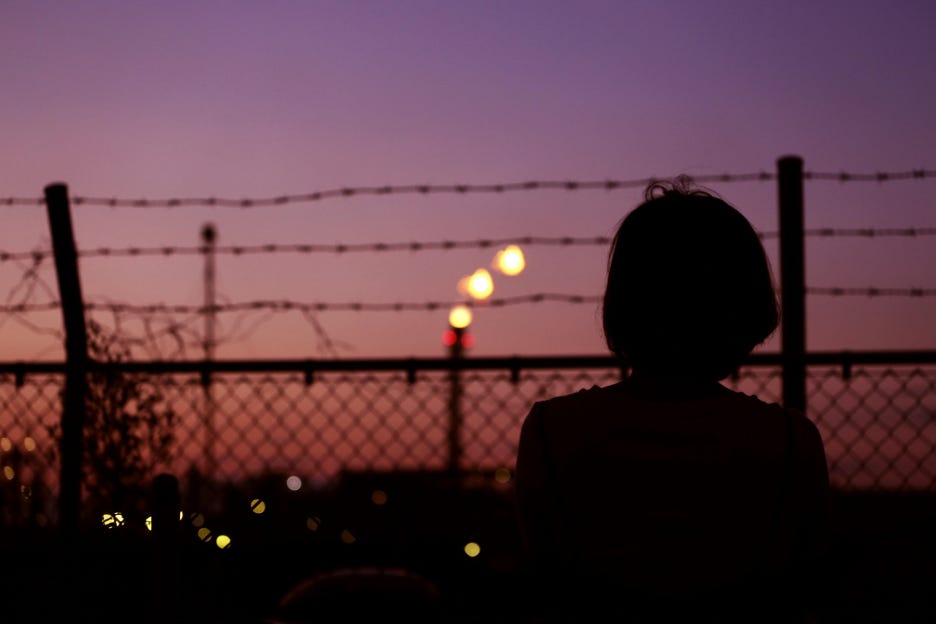The Cost of Casual Cruelty
“The greatest cruelty is our casual blindness to the despair of others.” --J.K. Rowling
In a recent interview, longtime columnist and Washington insider Maureen Dowd remarked on how startled she is by the amount of casual cruelty displayed today by people in power. The phrase stuck with me — not just because it’s true, but because it exposes something deeper and more dangerous than meanness. Cruelty, especially when delivered casually, with a smirk or obvious delight, is not simply the absence of kindness. It’s the absence of vulnerability. It’s a public display of emotional detachment masquerading as strength, completely devoid of empathy or even a hint of care.
Cruelty in leadership often gets confused with toughness. But real toughness doesn’t require humiliating people, mocking the weak, or stoking outrage to score political points. Those behaviors are not marks of strength — they are shields for fragility and insecurity. Leaders who demean others are often terrified of being seen as uncertain, empathetic, or (heaven forbid) wrong. Vulnerability — the willingness to acknowledge one's own limitations and to treat others with dignity — is nowhere to be found in the politics of cruelty.
This absence of vulnerability leads directly to a collapse of empathy. When leaders mock the suffering of migrants, shrug off mass shootings, or ridicule critics with personal attacks, they aren't just being mean. They are revealing that they no longer see others as fully human. Empathy requires that we momentarily set aside our own vantage point and inhabit someone else’s. That’s a vulnerable act. It takes imagination, humility, and sometimes discomfort — all things those addicted to power and performance tend to avoid. In a revealing insight into the kind of person he is, Elon Musk’s quote that “The fundamental weakness of Western civilization is empathy” says all you need to know about his view of his fellow man.
History is full of examples where cruelty was policy, and where leaders cloaked their fear in bombast. But, as Dowd observed, today’s cruelty feels more casual, more performative — tossed in at press briefings, on social media, or in campaign rallies, with little regard for the consequences. That’s what makes it dangerous. When cruelty becomes entertainment, wielded to get a laugh, it’s not only normalized — many begin to crave it. They cheer it. And, tragically, it teaches future leaders that shame, scorn, and spectacle are tools for success.
Leadership without vulnerability is not leadership — it’s domination. And domination always comes at a cost: broken trust, eroded institutions, and a generation of citizens who confuse fear with respect. We can and must do better. Because at its core, democracy depends not just on elections, laws, and accountability, but also on a shared sense of decency — the kind that only grows when we lead with empathy, humility, and the courage to be human.
For more about the power of vulnerability, please consider my book Large and In Charge No More—A Journey to Vulnerable Leadership. Thanks.




